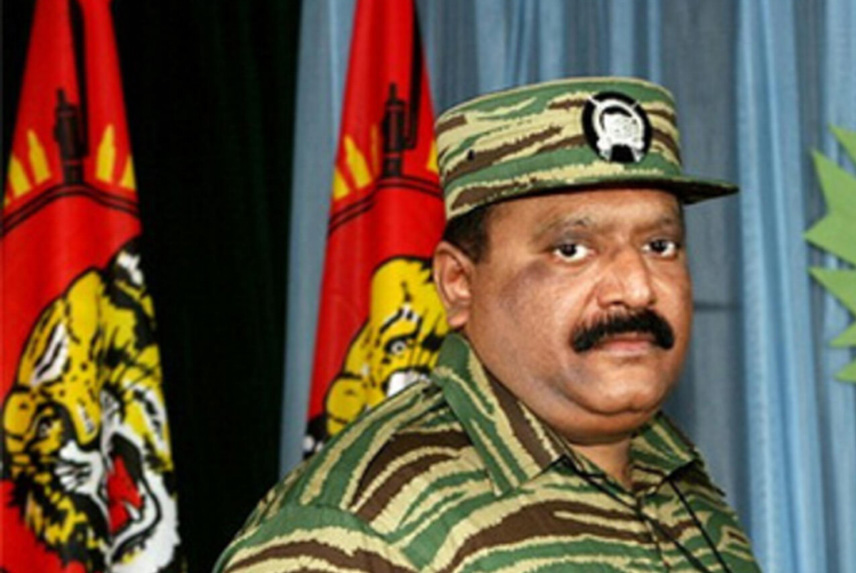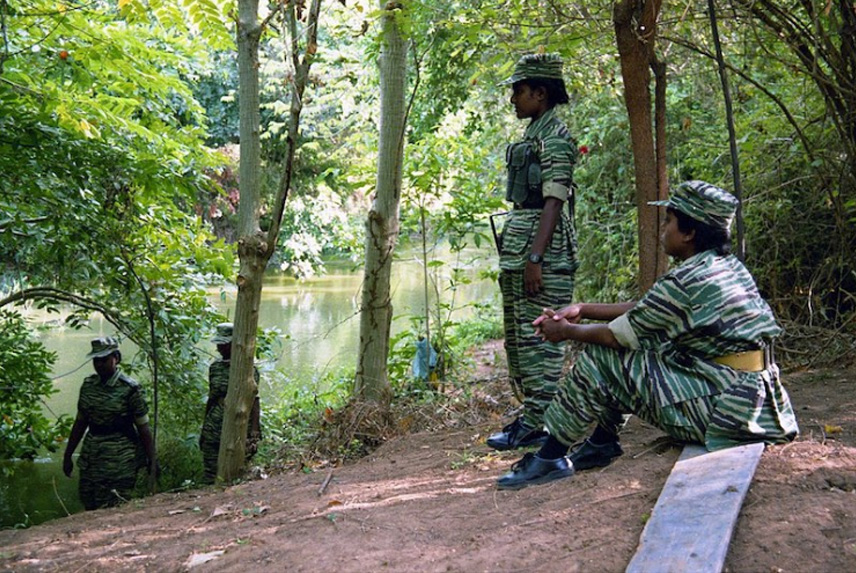
Posted On : Dec 15 2020
Liberation Tigers of Tamil Eelam (LTTE): The Rise and Fall of a Militant Organization
The Liberation Tigers of Tamil Eelam (LTTE), often referred to as the Tamil Tigers, was a militant organization that emerged in Sri Lanka with the aim of establishing an independent Tamil state in the northern and eastern regions of the island nation.

Founded in 1976, the LTTE became one of the most formidable and notorious insurgent groups in the world. This article traces the origins, ideology, military strategies, international implications, and eventual decline of the LTTE.
The LTTE was founded by Velupillai Prabhakaran, a charismatic and determined leader who became the face of the Tamil insurgency. The organization's roots can be traced back to the ethnic tensions between the Tamil minority and the Sinhalese majority in Sri Lanka, particularly in the aftermath of policies perceived as discriminatory against the Tamil community.
Prabhakaran's leadership was characterized by a strong sense of Tamil nationalism and a commitment to achieving an independent Tamil state, known as Tamil Eelam. Under his guidance, the LTTE pursued an armed struggle against the Sri Lankan government.
The LTTE's ideology was rooted in Tamil nationalism and separatism. The organization sought to create a sovereign Tamil state, free from Sinhalese dominance, in the northern and eastern regions of Sri Lanka. The LTTE framed its struggle as a fight for the rights and self-determination of the Tamil people, who had historically faced discrimination and marginalization.
The group's militant tactics and suicide bombings were notorious, and the LTTE was responsible for several high-profile assassinations and acts of terrorism during its existence. These included the 1991 assassination of former Indian Prime Minister Rajiv Gandhi and numerous attacks against Sri Lankan political leaders.
The LTTE developed a well-organized military apparatus that included both conventional and unconventional tactics. They established a de facto state in the northern region of Sri Lanka, complete with administrative structures, a military wing, and a rudimentary naval and air force.

One of the LTTE's most significant military achievements was its naval wing's ability to launch attacks on Sri Lankan naval vessels and commercial shipping. They also developed a rudimentary air wing, carrying out airstrikes against government targets.
The LTTE's use of suicide bombings was particularly devastating. The group employed suicide bombers, often women known as "Black Tigers," in high-profile attacks against military and civilian targets. These attacks struck fear into the hearts of many and gained international notoriety.
The LTTE's activities had significant international implications. The group was designated as a terrorist organization by numerous countries, including the United States, India, and the European Union. This designation led to various forms of sanctions and restrictions on LTTE activities and fundraising efforts.
The conflict in Sri Lanka, which raged for nearly three decades, drew the attention of the international community. Attempts were made to broker ceasefires and peace agreements, but these efforts were often short-lived and unable to bring about a lasting resolution.
The LTTE's fortunes began to decline in the mid-2000s. In 2009, a major military offensive by the Sri Lankan government, led by then-President Mahinda Rajapaksa, resulted in the defeat of the LTTE. The final battle took place in the northeastern region of Mullaitivu, and Prabhakaran was reportedly killed in the fighting.
The defeat of the LTTE marked the end of its armed insurgency, but it also came at a heavy humanitarian cost. The conflict's final stages were marred by allegations of human rights abuses and civilian casualties.
In the aftermath of the LTTE's defeat, Sri Lanka faced the challenge of post-conflict reconciliation and reconstruction. Efforts were made to address the grievances of the Tamil community and rebuild the war-torn regions of the country.
The LTTE's legacy remains a subject of debate and reflection. While the group's violent methods and tactics drew condemnation, it also garnered support among some segments of the Tamil diaspora who sympathized with the Tamil cause.
The Liberation Tigers of Tamil Eelam (LTTE) was a militant organization that left an indelible mark on the history of Sri Lanka and the broader South Asian region. Its quest for Tamil Eelam was marked by violent insurgency, suicide bombings, and a protracted conflict that lasted nearly three decades. The defeat of the LTTE in 2009 brought an end to its armed struggle but left behind complex challenges of post-conflict reconciliation and healing in Sri Lanka. The legacy of the LTTE continues to shape discussions on ethnic conflict, terrorism, and self-determination in the modern world.
No Comments Added




















